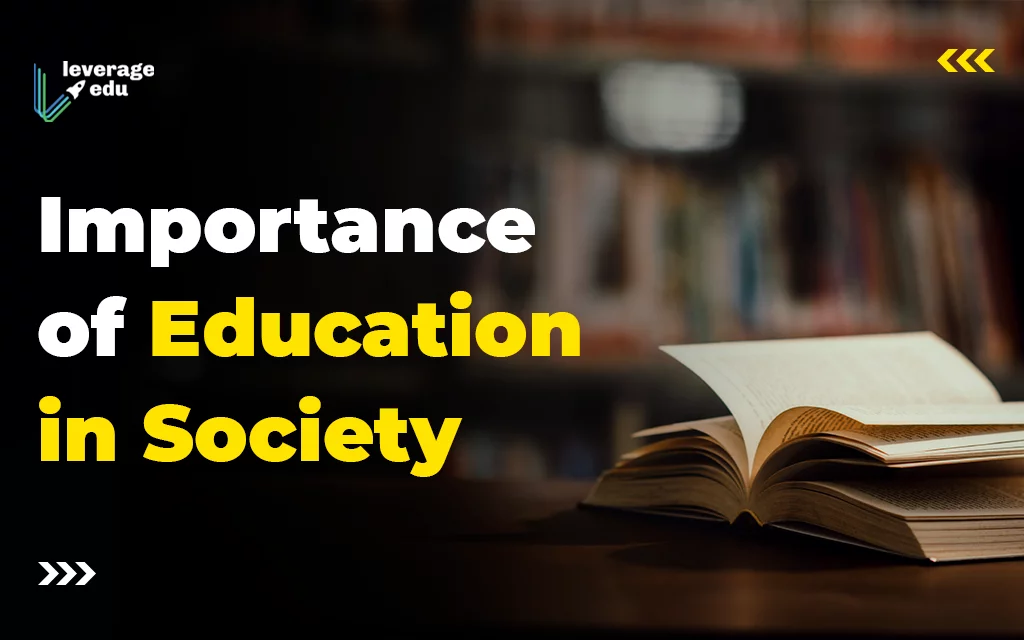What is the Social Aim of Education? Why it’s required for socialization?

The social aim of education.
The social aim of education takes into consideration the social needs of society. Education is provided with a view to making new members of society familiar with social traditions, manners, mores, customs, etc.
In other words, when a society wants to have a very strong social organization and does not permit freedom to the individual members to deviate from its social traditions, it emphasizes to a great extent the social aim of education. In the social aim of education, great importance is attached to society and, therefore, an individual becomes of secondary importance. In countries where socialistic governments are functioning, there is great emphasis on the social aim of education.
While the social aim is good so far as it helps in the social growth of a people, it is at the same time injurious for the development of an individual’s initiative, freedom and enterprise.
It has been seen that new inventions and things of extraordinary historical importance have been generally done not by a group of people, but by certain individuals in their own way. If there is any regimentation of thought and action it is bound to lead to mediocrity. It is only in an atmosphere of freedom that one can think boldly and discover something entirely new. But at the same time a lot of risk is involved when an individual is given too much of freedom.
Education for Socialization.
Both socialization and education involve learning, but there is a difference important in sociology. Socialization is what happens every day of our lives, is not planned, involves our learning our identities, the nature of reality, and how to get along with others. Education, in contrast, is planned, usually involves a formal organization with the responsibility of providing and monitoring the learning, and concentrates oh finite skills and knowledge.
Socialization, therefore, is the action by which a person becomes the member of a society, through a mechanism of interaction. It is a learning process whose purpose is to prepare individuals for the range of roles that they will interpret in the future.
The primary stage involves the socialization of the young child in the family, the secondary stage involves the school, and the third stage is adult socialization. In the process of socialization, the attitudes and values of adult roles are acquired. Correct socialization is a normal operation by the social system designed to prevent any deviant behaviour.





